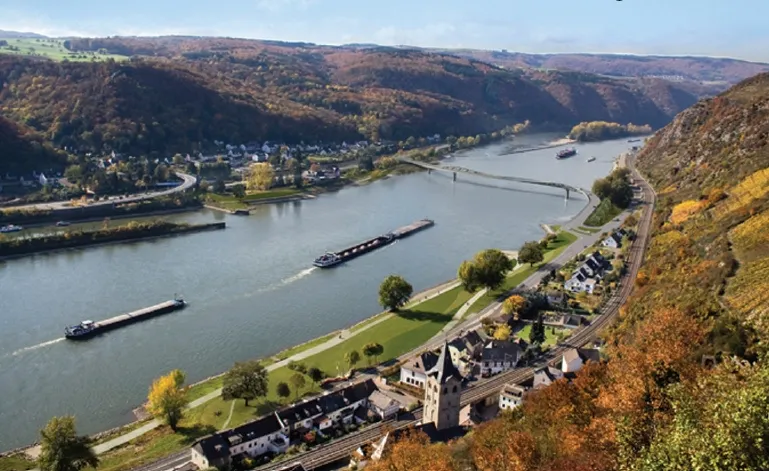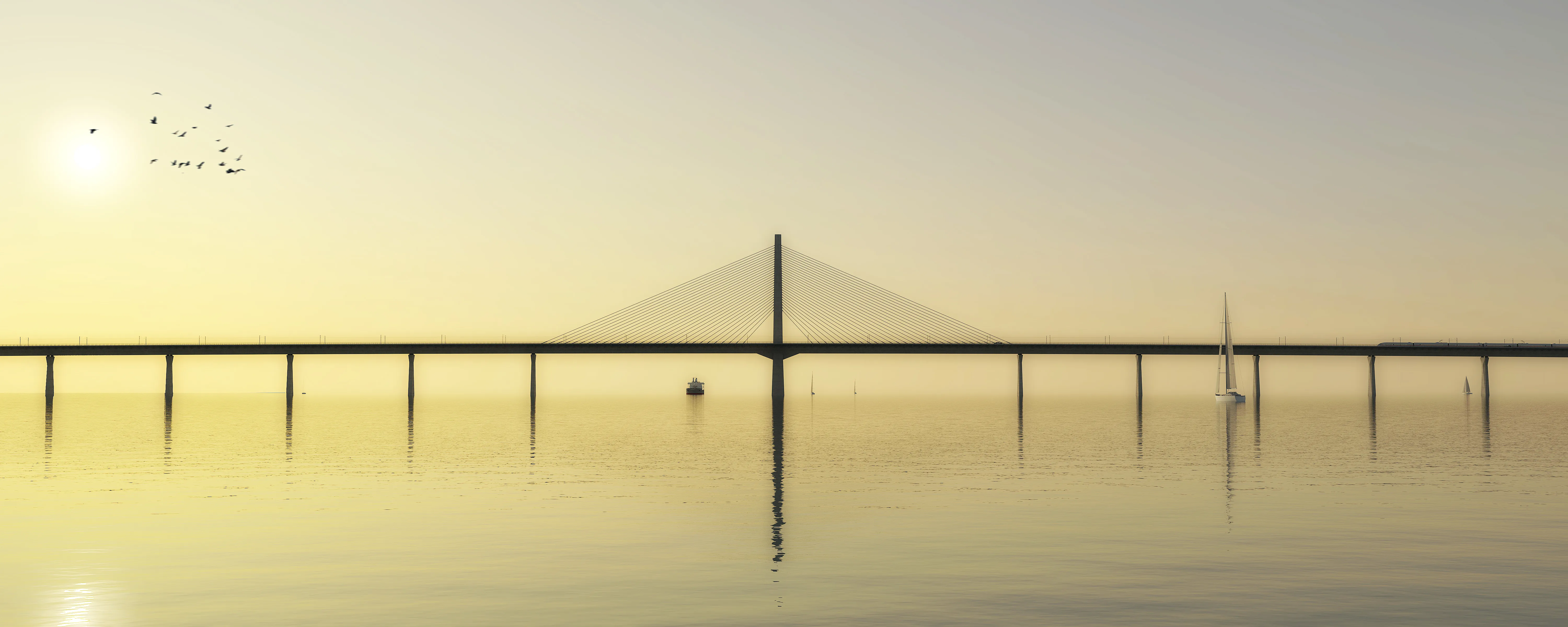World heritage body UNESCO has given its approval to plans for a e40 million road bridge near Germany’s world-famous Lorelei Rock. The bridge, crossing the River Rhine at St Goarshausen, will be the first on an 85km stretch between Koblenz and Mainz in the Mittelrheintal Valley, for which there is a preservation order.
It has been estimated that a tunnel under the river (as an alternative) would cost up to €70 million.
May 10, 2012
Read time: 2 mins

World heritage body 1384 UNESCO has given its approval to plans for a €40 million road bridge near Germany’s world-famous Lorelei Rock.
The bridge, crossing the River Rhine at St Goarshausen, will be the first on an 85km stretch between Koblenz and Mainz in the Mittelrheintal Valley, for which there is a preservation order.
It has been estimated that a tunnel under the river (as an alternative) would cost up to €70 million.
UNESCO says that project can take place without a threat to the status of the rock, which is the centerpiece of the Upper Middle Rhine Valley world heritage site, and whose picturesque promontory is 132m above what is said to be of the most dangerous parts of the Rhine.
The Lorelei Rock is named after a mythical siren that (in folklore) is said to have lured shipmen to distraction with her singing: they then crashed to their deaths against the rocky river floor at its base.
Dublin, Ireland-based5485 Heneghan Peng Architects and 1419 Arup won an international competition to build the crossing in 2009, and it is understood from computer renderings that the bridge will try to blend into the landscape with a 150m long sleek, flowing S-curve.
The bridge, crossing the River Rhine at St Goarshausen, will be the first on an 85km stretch between Koblenz and Mainz in the Mittelrheintal Valley, for which there is a preservation order.
It has been estimated that a tunnel under the river (as an alternative) would cost up to €70 million.
UNESCO says that project can take place without a threat to the status of the rock, which is the centerpiece of the Upper Middle Rhine Valley world heritage site, and whose picturesque promontory is 132m above what is said to be of the most dangerous parts of the Rhine.
The Lorelei Rock is named after a mythical siren that (in folklore) is said to have lured shipmen to distraction with her singing: they then crashed to their deaths against the rocky river floor at its base.
Dublin, Ireland-based







